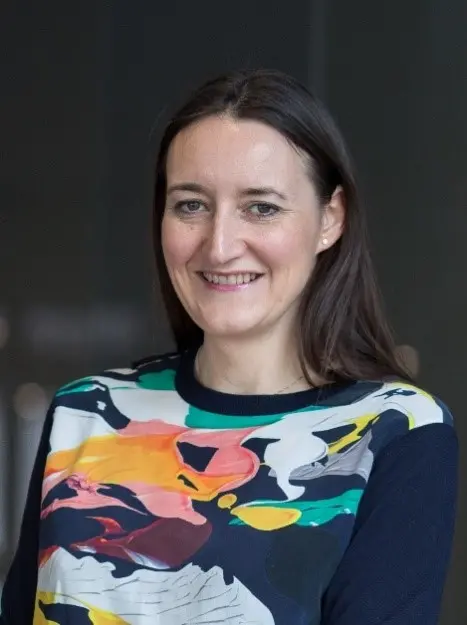September 19, 2023
@
4:00 PM
–
5:00 PM
Claire Adjiman
Department of Chemical Engineering
Sargent Centre for Process Systems Engineering and Institute for Molecular Science and Engineering
Imperial College London
London, UK
Molecular Engineering for Product and Process Design: from CO2 Capture to Pharmaceutical Process Development

The performance of chemical products and processes depends critically on the molecular scale interactions, and in the case of processes, on broader aspects of process design such as route selection, flowsheet structure, operating conditions. Thus, the development of better, more sustainable products and processes requires the exploration of a vast space of possible molecular and larger scale decisions. In this talk, we explore how optimisation, electronic structure modelling and/or molecular-based group contribution methods can be combined to help identify promising design and accelerate experimental efforts.
In the context of product design, we consider the problem of coformer selection for a given active pharmaceutical ingredient (API) can be approached in silico. Coformers are often used in the fine chemicals industry to modify the properties (e.g., solubility) of APIs but identify a suitable coformer is a laborious and time-consuming process. We show how surrogate models, built from quantum mechanical calculations with assumptions on the interactions within the crystalline environment, can be used to reduce the otherwise prohibitive cost of crystal structure prediction for multiple API-coformer pairs and how this can serve as a guide for an experimental screen.
In the context of process design, we consider the design of more sustainable carbon capture and pharmaceutical processes, an endeavour that requires the consideration of multiple criteria such as purity, productivity and environmental impact. We show how multiscale molecules-to-process models can be constructed and what challenges must be overcome to solve the integrated molecular and process design problem. We discuss algorithms to tackle these challenges and investigate what benefits can be derived from considering a range of performance indicators in CO2 chemisorption, route selection and in crystallisation design. We discuss the importance of integrating molecular decisions, and specifically solvent choice, across multiple process steps.